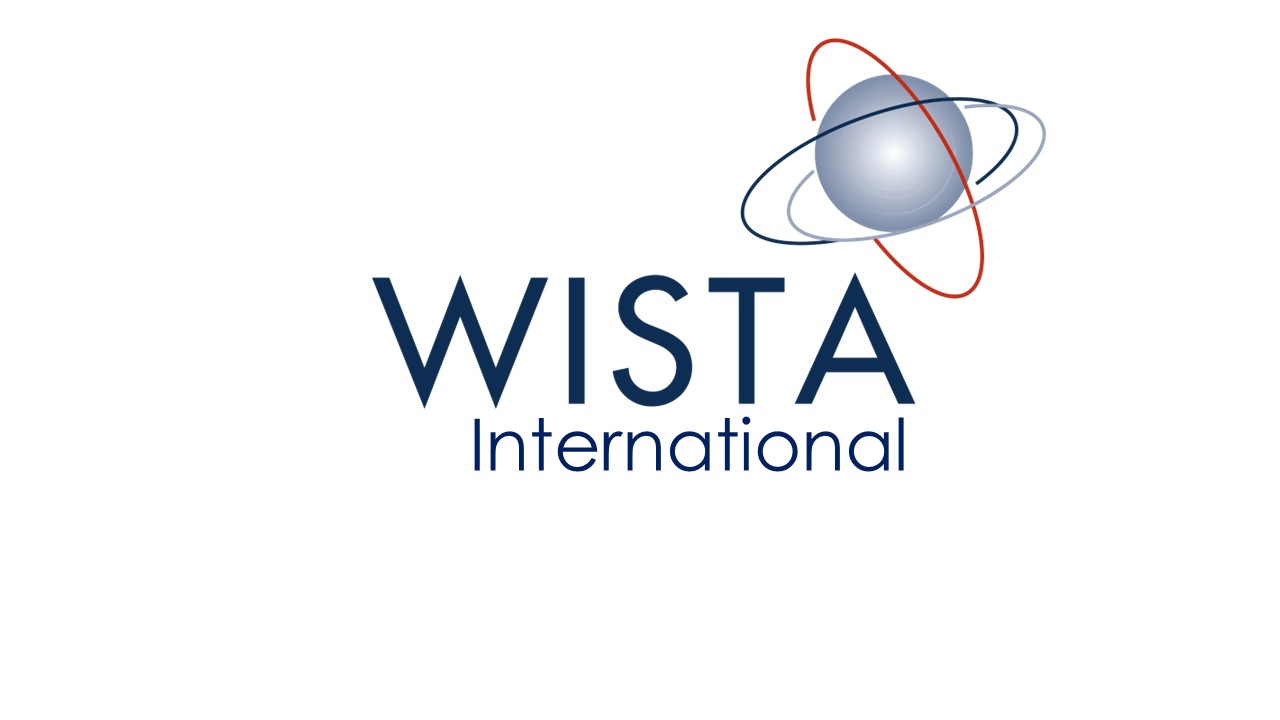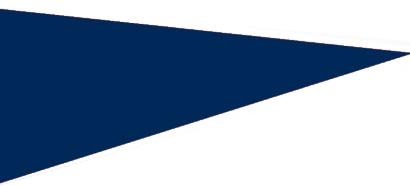How Standardization can help with Decarbonization
November 23, 2021
The story of the container began in 1956, when Malcolm McLean, a truck company owner, invented a standardized box for intermodal transport. Only with this standard, all physical equipment around the box was able to handle the dimensions of the container, which demonstrated to be a significant improvement in cargo operations but even more so for allowing and fostering global trade. A true success story up to today! Thus, since 65 years, the number of containers, the number of container terminals, and the number and size of container ships have been growing collectively, providing the fundament for modern-day globalization.
While the box and the handling equipment is standardized, port and terminal calls are not. Literally every terminal uses different processes, timestamps and even words to describe the steps and phases of the port call, hindering the approach of international digitalization along global supply chains. This is where DCSA, the Digital Container Shipping Association with its industry stakeholders, gets active. Founded by nine of the largest container carriers Hapag-Lloyd, MSC, Maersk, CMA CGM, ONE, Evergreen, Yang Ming, HMM and ZIM in 2019, in joint efforts DCSA aims at establishing IT standards and transparency for the shipping industry as a whole. This shall allow long overdue seamless data communication. The collaboration between the highly involved and representative members of DCSA will ensure a widespread implementation of the aligned standards.
“Just in Time Port Call” is one of the work packages to which I contribute. This package focuses on improving operational efficiencies and optimizing planning by proposing standardized timestamp reporting between vessel and terminal. Together with all project participants, we discussed a “to-be” port call process between terminal and carrier with the mission to create a common foundation. As result, the “standards for a just-in-time port call” were published in 2020 with 17 data point definitions reaching from berth arrival planning over cargo operations to berth departure. With this last publication in mind, I am now supporting the next step of the standardization process with operational knowledge from terminals worldwide. The next publication will in fact follow shortly, in November 2021. An extended framework of 50 timestamps will take the scope to a broader audience, beyond terminals and carriers, and which will therefore include many more maritime stakeholders such as nautical service providers.
To me the benefits of seamless and digitized operation are truly crystal clear. The corona-crisis and the sudden move to online-only communication between ships and terminals made this inherent need in a globalized world even more visible. With agreed standards and data definitions the industry as a whole will not only be able to better plan, carriers will also be able to communicate and schedule their arrivals & departures with more information and thus more efficiently. Eventually, this will lead to improved voyage execution, bunker savings and finally, emission reductions.
I am looking forward to continue working on this ongoing process and feeding the findings into my daily work. Curious about the opportunities? Find more information or get actively involved in this groundbreaking and international program here: https://dcsa.org/get-involved/
Written by:
Dr. Katharina Renken, Hapag-Lloyd AG, Terminal Partnering
WISTA Tech & Futures Committee

